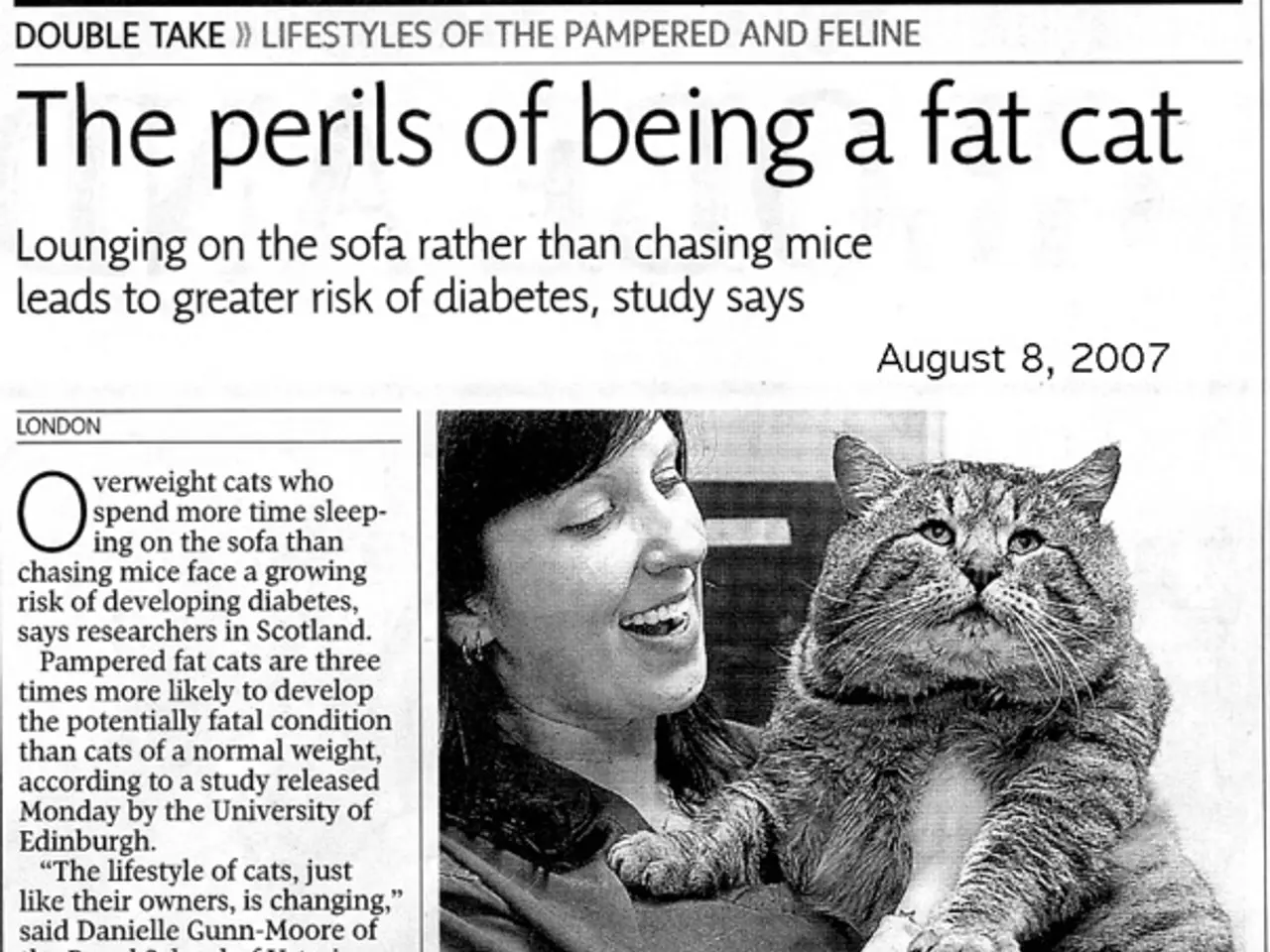Iowa's transgender rights rollback law has come into force, shedding light on key aspects to understand.
In a significant move, Iowa has become the first state in the United States to remove gender identity as a protected class from its civil rights code, effective as of July 1, 2025. This legislative action strips transgender and nonbinary residents of explicit statewide legal protections against discrimination in areas such as employment, housing, and other public accommodations.
The law, known as Senate File 418, was passed rapidly by Iowa Republicans and signed by Governor Kim Reynolds. It redefines "gender" strictly as biological sex assigned at birth (female or male based on reproductive organs), prohibits changing sex designations on birth certificates after gender-affirming medical treatment, and affirms the use of sex-segregated spaces as inherently equal. This move ends an 18-year legacy of protections for transgender Iowans and represents a significant rollback of civil rights in the state.
Despite the state-level rollback, there remain some federal anti-discrimination protections and local ordinances that may still offer limited safeguards, especially in employment. However, housing protections are more vulnerable, as federal oversight in rental markets is less robust.
The implications of this law are far-reaching. Transgender and nonbinary individuals in Iowa face greater risks of discrimination in housing, employment, and public services. The move is part of a wider trend among conservative-led states rolling back LGBTQ rights and redefining gender in restrictive biological terms, often justified on the grounds of "safeguarding the rights of women and girls."
Advocates and civil rights groups warn that this law fuels discrimination and marginalization. It also challenges existing inclusive norms around gender identity and medical care for transgender people. The new law is being criticized by advocates who worry about its far-reaching consequences for the trans community.
Without explicit state civil rights protections, individuals who are fired, denied housing, or refused medical treatment based on their gender identity have a narrower path to legal recourse. While federal laws like Title VII of the Civil Rights Act (interpreted to include gender identity and expression by the Supreme Court in recent years) may still provide grounds for legal recourse against discrimination by employers or businesses, enforcement gaps remain, especially in housing and healthcare.
The new law in Iowa increases the risk of harassment and violence for trans Americans, and Democratic Rep. Aime Wichtendahl, Iowa's first openly transgender lawmaker, described the new law as a "dark moment" in the state's history. President Donald Trump and conservative allies continue to take steps to chip away at trans rights since he returned to office, signing executive orders targeting trans people and barring transgender service members from serving in the military.
Despite these challenges, trans people simply want to live freely and be treated equally under the law, said Wichtendahl. The Supreme Court could agree to hear arguments in several cases dealing with trans issues, putting transgender rights at the forefront for a second year in a row. As the debate over transgender rights continues, it is crucial to uphold the principles of equality, safety, and access to services for all members of our communities.
- As a result of Iowa's policy-and-legislation to remove gender identity as a protected class, us, the general public, may witness an increase in discrimination against transgender and nonbinary individuals in areas such as employment, housing, and public services, due to the lack of explicit state civil rights protections.
- Amidst the politics surrounding gender identity and transgender rights, the general news continues to highlight the ongoing battles for equal treatment under the law, with the removal of protections in Iowa signifying a significant rollback, not just for the state, but for the US as a whole, as similar actions are observed in conservative-led states.






